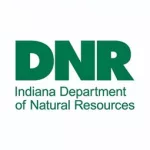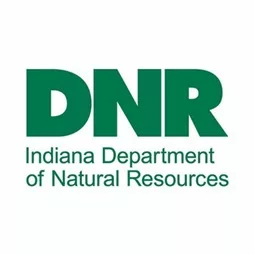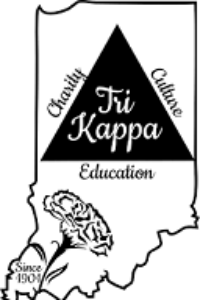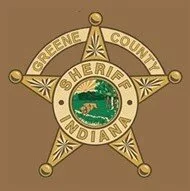What to do about runoff from concentrated animal-feeding operations, known as CAFOs, continues to be a topic of debate in Indiana. Environmental groups and farming activists have clashed over how much regulation the industry needs, and a public hearing on the topic will be held next week. State Senator Susan Glick is part of a study committee that has been hearing from both sides of the issue and will make recommendations to the Legislature on whether any bills should be presented next session. She says the trick is to find a compromise that works for everyone, but first and foremost the emphasis has to be on public health.
Glick calls it a balancing act between what’s good for agriculture, and for the people impacted by factory farms. She says the public hearings they’ve had so far have been very productive.
On one side, farmers say their livelihoods are at stake by limits put on how they raise livestock, while those concerned about water quality say bodies of water are getting contaminated through the disposal of animal manure. People who live near larger breeders also are worried about air quality, saying the smell is horrible. The next CAFO meeting is at the state Capitol at 10 A-M on Thursday, October 19th. It’s open to the public.
According to the Indiana Department of Environmental Management, when stored and applied properly, animal waste that’s used as fertilizer for crops provides a natural source of nutrients for crop production and lessens the need for fuel and other resources that are used in the production of commercial fertilizer, but improper storage or transport can lead stormwater to come into contact with it and carry contaminants to surface or ground water, and lead to contamination
.













